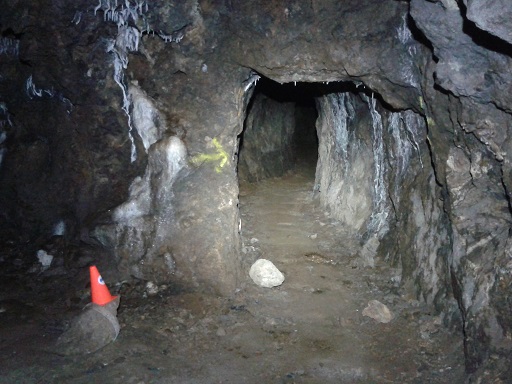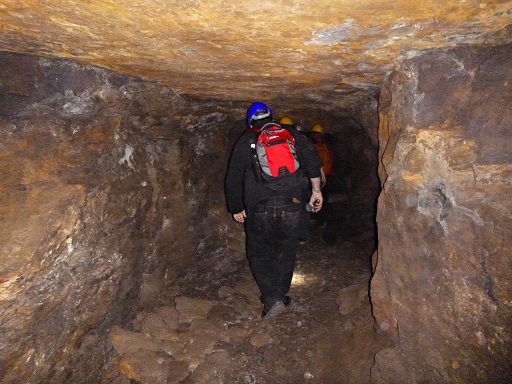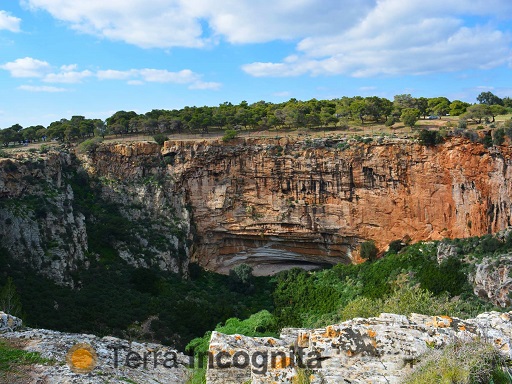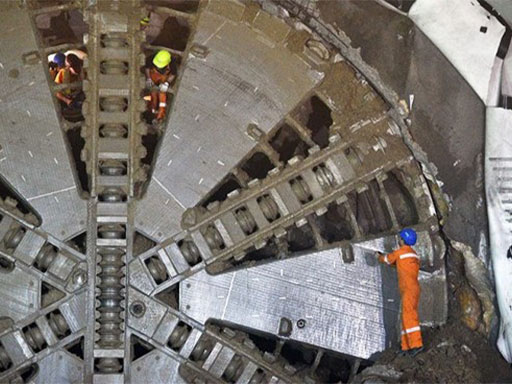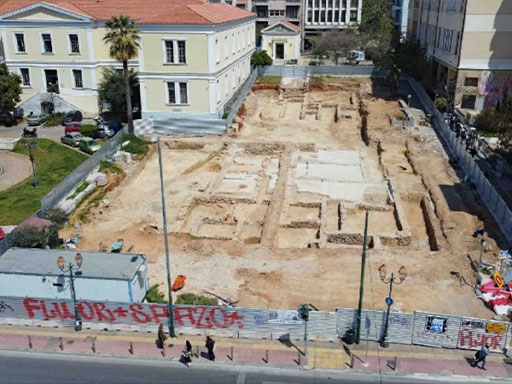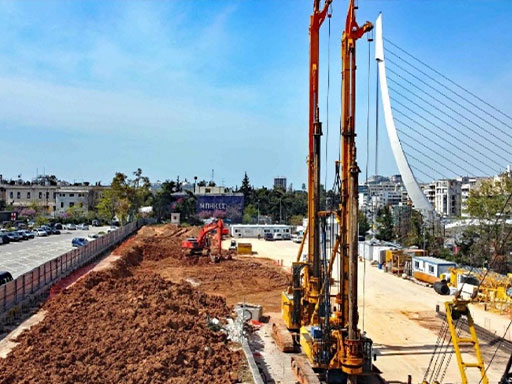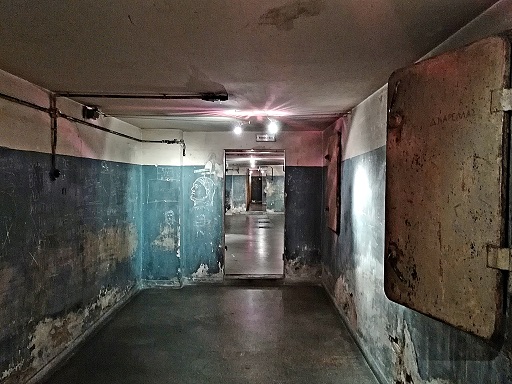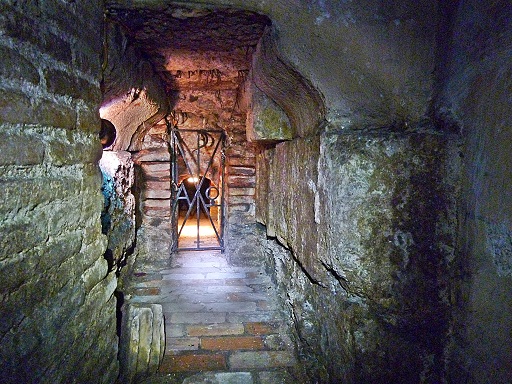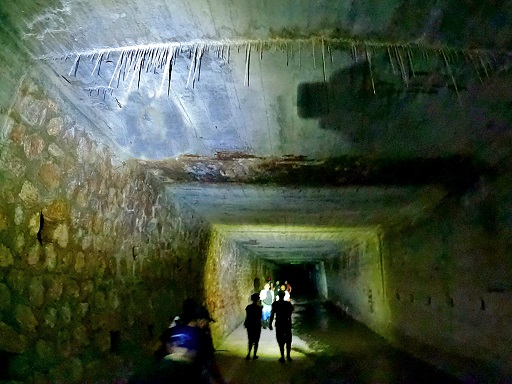Did you now that WTC2023 will be held as an Open Access Congress?
The conference proceedings will be published in a highly esteemed publisher and will be also SCI indexed. Furthermore, all papers will be open-access, making the published academic research freely and permanently available to anyone, thus increasing the reach and the visibility of the publication.

